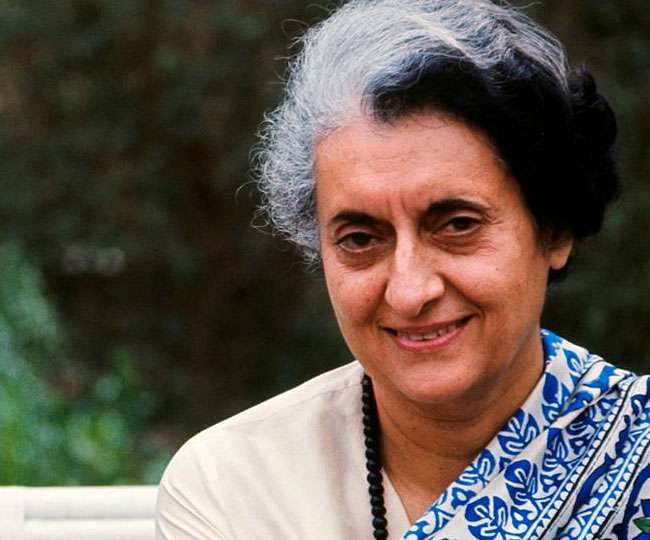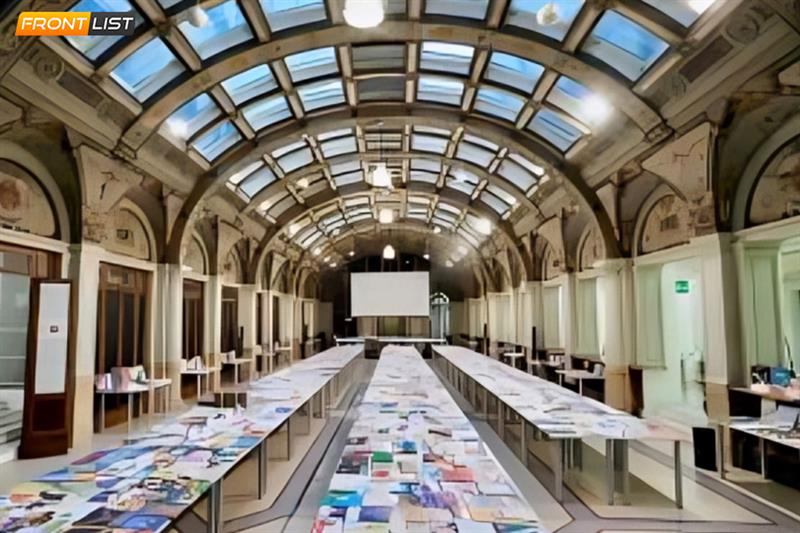Frontlist | A review of three essential books on India's diplomatic history
Frontlist | A review of three essential books on India's diplomatic historyon Feb 18, 2021

Ambassador Bhaswati Mukherjee on recent books written by diplomats
Two books by retired IFS (Indian Foreign Service) officers, both autobiographical—Lakhan Mehrotra’s The Odyssey of a Diplomat: Through the Corridors of Time and Pascal Allen Nazareth’s A Ringside Seat to History—are compelling testimony that diplomacy and history are not only intertwined in a foreign service career but that as a diplomat, one can feel part of the process of writing India’s history.
Read More: “The Cartel Workers” becomes a National Bestseller
A third book by a former diplomat, Rajiv Dogra’s India’s World: How Prime Ministers Shaped Foreign Policy, is a complete contrast in style, tenor and content. It is a fascinating historical and political narrative of how eight prime ministers of India have shaped our foreign policy.
Mehrotra’s autobiographical account is witness to the turbulence of the times. Stints at the political office in Sikkim, which was a window to Tibet and the Dalai Lama’s escape, were followed by a stay with His Holiness at Dharamsala in 1961-62 and four-year tenure in New York, coinciding with JFK’s (John F. Kennedy’s) assassination. Stories from Mexico, Cuba, the former USSR and China at exciting moments of global history in the making, give the reader a new perspective on these events.
Nazareth’s book offers also offers a ringside view of diplomacy and politics. His first meeting with Prime Minister Nehru, as a trainee officer on March 31, 1959, coincided with the escape of Dalai Lama to India!
Among the more interesting vignettes is the successful struggle as DHC London (deputy high commissioner in London) against the virginity tests imposed on female immigrants by the UK Government. Another, in the true spirit of crime fiction, is the story of the extradition of the notorious fugitive Jayanti Dharma Teja from Costa Rica through personal intervention with the president of Costa Rica.
Dogra’s meticulously researched book, meanwhile, sheds light on how decisions taken by eight different Indian prime ministers continue to throw a long shadow over India. It provides a riveting account of Indian history from Independence to September 2019. From a foreign policy perspective, the first chapter, ‘Jawaharlal Nehru: Gandhi’s Choice’, is a must read.
Dogra describes Nehru as ‘an aristocrat who belonged to the masses, a dictatorial taskmaster who was a great democrat’. As the first prime minister of a complex, impoverished and divided country, his every mistake impacted its future. Nehru’s decision to appoint Mountbatten as independent India’s first governor general resulted in deeply flawed decisions on Kashmir, the carving out of POK by Pakistan and the referral of the issue by India to the United Nations’ Security Council. This was aggravated by Nehru’s insistence that Article 370 be adopted by Parliament, despite Ambedkar’s refusal to draft it. He then compounded the mistake by bringing in Article 35-A in 1954.
India’s first prime minister also grossly misjudged China. On the basis of new archival and circumstantial evidence, the author concludes that India was offered a permanent seat on the Security Council by the US in 1950 and by the USSR in 1955. In a fatal miscalculation of China’s intentions towards India, Nehru asserted: “We shall go on pressing for China’s admission [to] the UN and the Security Council.” Nehru also misjudged China’s intentions on Tibet and a Chinese attack on our border positions. The author notes: ‘India’s military defeat in 1962 was a dividing line between the post-Independence Nehruvian idealism and a man betrayed by realpolitik’. The reader is left to judge Nehru’s legacy and place in history .
The author summarizes Mrs Gandhi’s legacy as follows: ‘Indira is the only goddess that the Indian political constellation has had so far. She may have been flawed but she loved India and gave it its proudest possible moment’. Unfortunately, India’s finest hour with its complete military victory over Pakistan was tarnished by Mrs Gandhi’s diplomatic and negotiating blunders in Simla. Bhutto told a close political confidant on his return from Simla: “I have made a fool of that woman.”
Domestically, the Emergency marked the downfall of the goddess from the highest pedestal of Indian public opinion. It marked the closest India got to abandoning the cherished ideals of democracy, freedom and rule of law. Followed later by the storming of the Golden Temple in Amritsar and the alienation of an entire community, the jury is out on the nature of the legacy of India’s only political goddess.
Atal Bihari Vajpayee, described here as ‘Poet, Politician, Patriot’, was the ‘karma yogi’ who finally ensured India’s nuclear status and the reluctant respect of the West. His humanism and electrifying message in Kashmir in 2003 that “Issues can be resolved if we move forward guided by the three principles of Insaniyat, Jamhooriyat and Kashmiriyat,” are an intrinsic part of his legacy.
The poet unfortunately miscalculated vis a vis Pakistan. The bus ride to Lahore was followed by betrayal in Kargil. The hijack of IC-814 to Kandahar and humiliating capitulation through release of terrorist jihadis to save 170 lives is troubling. Could any democratically elected Indian government have acted differently? Perhaps not, but it cast a long shadow on Atalji’s legacy. The failed summit in Agra, the attack on the Indian Parliament and a ten-month military build-up at the border, which was finally called off, also raised doubts on his leadership style.
The author’s verdict on Prime Minister Modi is clear from a citation selected from the Bhagavad Gita. ‘It is better to live your own destiny imperfectly than to live an imitation of somebody else’s life with perfection’. It is difficult to agree with his assessment that ‘Modi resembled Nehru, but without the latter’s idealism’. It is easier to accept that ‘Modi is a full-time and consummate politician’. Modi also believed that personal diplomacy could make a difference in world affairs and to a certain extent he succeeded. The author correctly notes that prime minister Modi opted for a course correction in foreign policy. Like some of his predecessors, he tried to make a grand gesture to Pakistan by inviting prime minister Sharif to his first inauguration and then visited him in Lahore on the latter’s birthday.
The Pakistani deep state did not permit any thaw. The visit to Lahore was reciprocated by an ungrateful Pakistan though the attack on Uri and then the suicide bombing in Pulwana. Unlike his predecessors, Modi did not hesitate, and Indian Mirage fighters crossed the LOC (Line of Control) to attack a terror training camp in Balakot, in Pakistan’s Khyber Pakhtunkhwa province. India’s foreign policy had finally crossed the ‘Lakshman-rekha’ of crossing the international border to retaliate against terror attacks by its recalcitrant neighbour. One awaits the author’s final assessment on Modi’s legacy—perhaps in his next book.
Ambassador Bhaswati Mukherjee is a former diplomat and an expert on the European Union
The Odyssey of a Diplomat through the Corridors of Time by Lakhan Mehrotra, Heritage Publishers, 356 pages, Rs 550
A Ringside Seat to History: An Autobiography by Pascal Alan Nazareth, Konark Publishers, 284 pages, Rs 624
India’s World, How Prime Ministers Shaped Foreign Policy by Rajiv Dogra, Rupa, 248 pages, Rs 387
A Ringside Seat to History
Frontlist Book List on Indian Diplomats
Frontlist Book News
Frontlist India
Frontlist Latest news
Frontlist News
India’s World: How Prime Ministers Shaped Foreign
Indian Author News Frontlist
Odyssey of a Diplomat: Through the Corridors of Ti



.jpg)






.jpg)
.png)
.jpg)

.jpg)

.jpg)
.jpg)










Sorry! No comment found for this post.